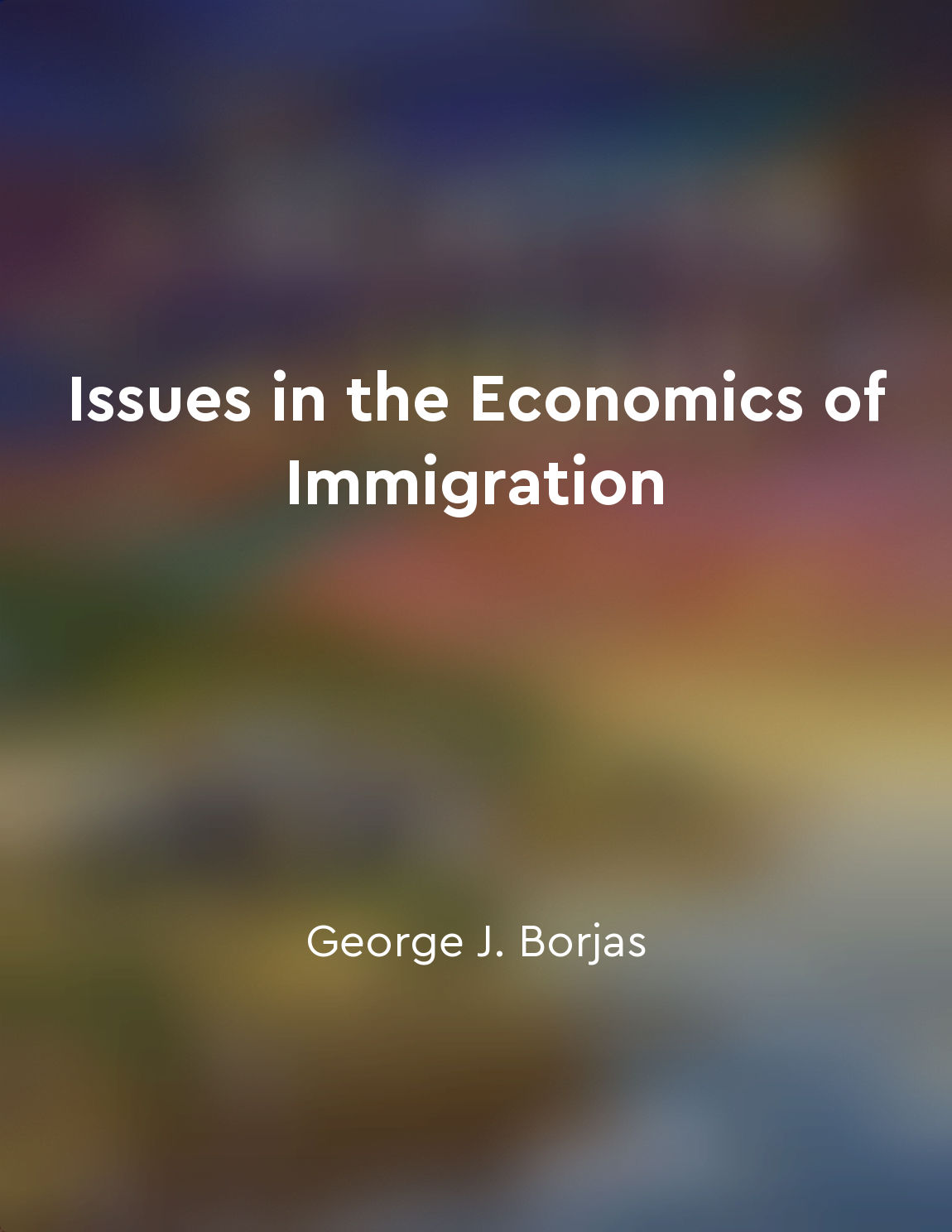Labor market structures influence income from "summary" of The Haves and the Have-Nots by Branko Milanovic
Labor market structures play a crucial role in determining the level of income that individuals earn. These structures encompass various aspects such as the demand for different types of skills, the bargaining power of workers, and the presence of institutional regulations. The interplay of these factors shapes the distribution of income within a society. In a labor market where certain skills are in high demand, individuals possessing these skills are likely to command higher wages. For example, in today's increasingly technology-driven world, individuals with expertise in fields such as artificial intelligence or data analysis often earn significantly higher incomes than those in more traditional industries. This disparity in income is a direct result of the labor market valuing certain skills over others. Additionally, the bargaining power of workers within a labor market can greatly influence their income levels. In markets where workers have strong collective bargaining rights, such as in some European countries with strong labor unions, wages tend to be higher compared to markets where such rights are limited. The ability of workers to negotiate for better pay and working conditions can significantly impact their overall income. Moreover, the presence of institutional regulations, such as minimum wage laws or social welfare programs, also plays a significant role in shaping income levels within a society. Countries with robust social safety nets tend to have lower levels of income inequality compared to those with weaker social protections. These regulations can help ensure that individuals are able to earn a decent living wage and have access to basic necessities, thereby reducing income disparities.- Labor market structures are a key determinant of income inequality within societies. The way in which skills are valued, the bargaining power of workers, and the presence of institutional regulations all contribute to shaping the distribution of income. By understanding and addressing these structural factors, societies can work towards creating more equitable income distributions and reducing disparities between the haves and the have-nots.
Similar Posts
Economic development is a complex process
The process of economic development is intricate and multifaceted, involving a wide range of factors and variables that interac...
Sustainable growth requires a balance between technology and humanity
Sustainable growth is a vital component of any thriving economy. However, achieving this growth requires a delicate balance bet...
Role of monetary policy in economic stability
Monetary policy plays a crucial role in maintaining economic stability by influencing the money supply, interest rates, and inf...
Economic theory shapes policies and decisionmaking
Economic theory plays a crucial role in shaping policies and decision-making in governments and businesses. The principles and ...
Adaptation is critical
As we navigate the complexities of our rapidly changing world, one thing becomes abundantly clear: adaptation is not just impor...
Inequality exists within the workforce
In the world of work, inequality is not just a distant concept, but a stark reality that pervades every corner of the workforce...
Governance frameworks needed for AI regulation
As artificial intelligence (AI) continues to advance at an unprecedented rate, it is becoming increasingly clear that governing...
Economic repercussions
The economic repercussions of the peace settlement are likely to be severe and far-reaching. The terms imposed upon the defeate...

The idea of free will is being called into question, as algorithms predict and influence our choices
The belief in human agency and autonomy is deeply ingrained in our culture and consciousness. We like to think that we are the ...

The impact of immigration on wages is a contentious issue
The impact of immigration on wages is a topic that has sparked intense debate among economists and policymakers. Some argue tha...

